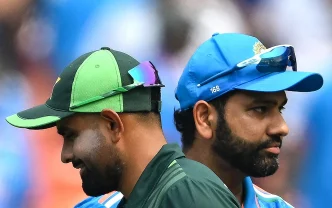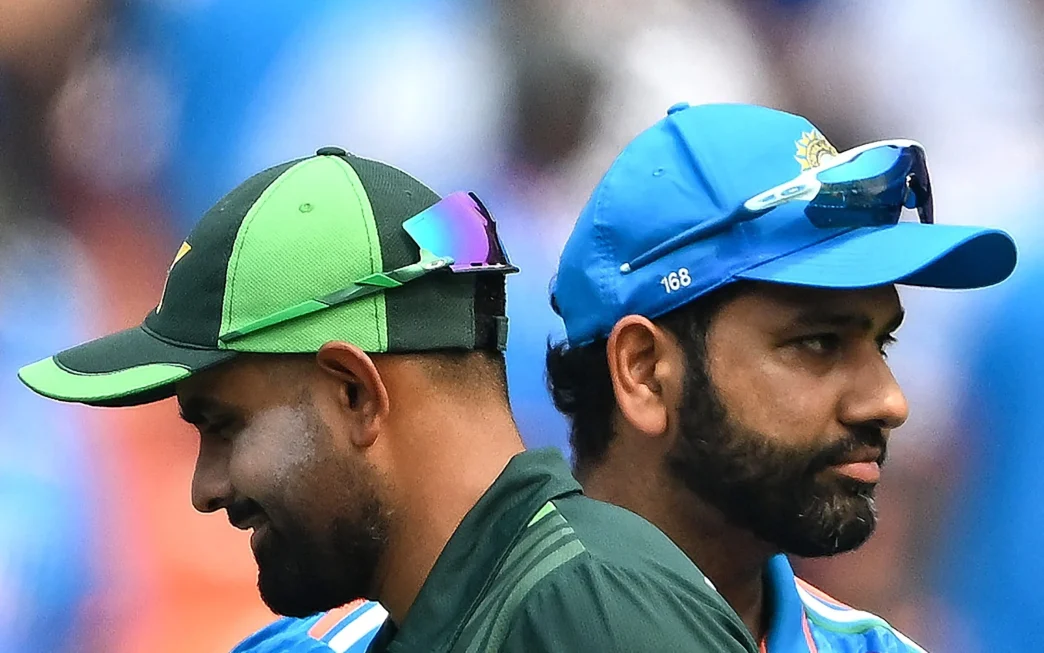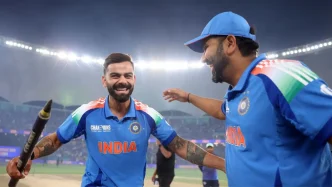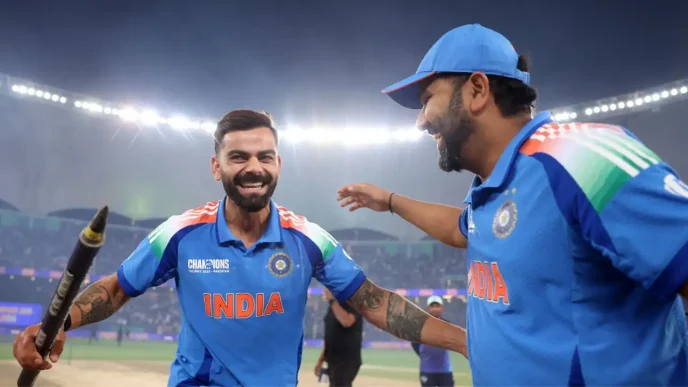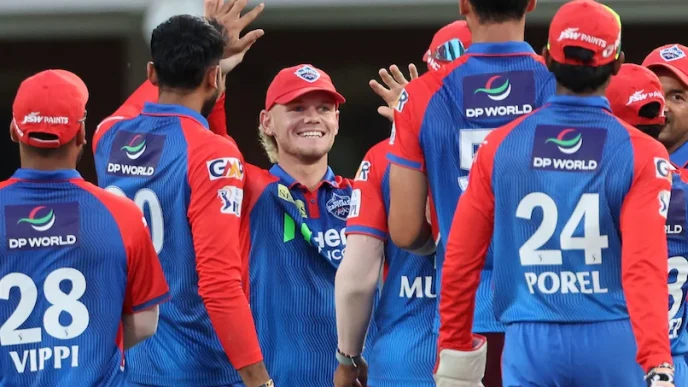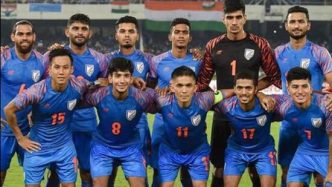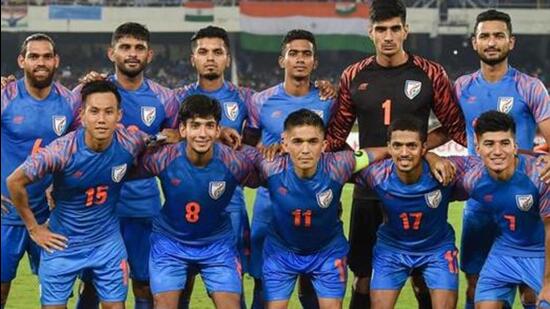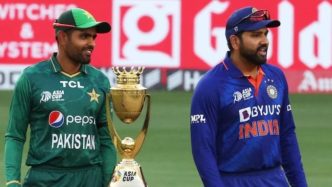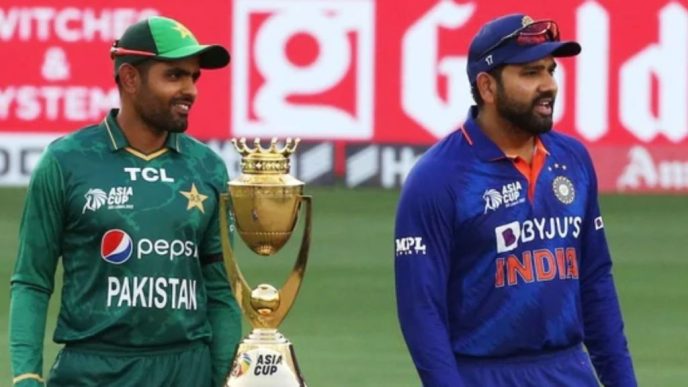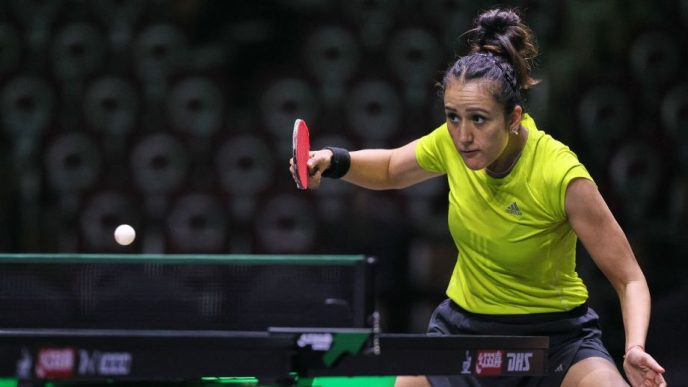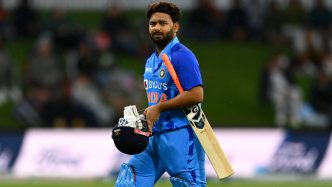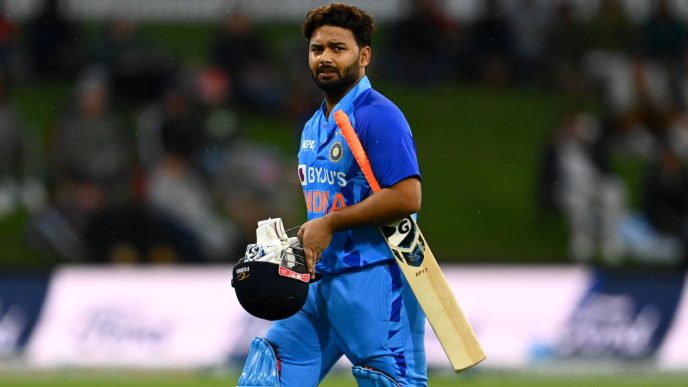How would one handle the loss of the most valuable international match in all of sports? International cricket dares not answer this question.
Cricket now confronts a future in which matches between India and Pakistan stop after the terrorist attack on India-controlled Kashmir last month and the ensuing military reactions from both sides. If this occurs, the sport will lose hundreds of millions of pounds in addition to its most-watched game.
According to a former insider with the International Cricket Council, “the financial consequences for every cricket nation will be huge.” Australia, England, and India won’t have any problems because they don’t depend on ICC funding all that much. However, some nations who rely significantly on ICC funding, such as Test nations, may find it extremely challenging. People probably don’t know how terrible this is going to be.
The value of India’s matches against Pakistan is so great that tournament groups are predetermined. For 11 straight men’s world tournaments, India and Pakistan have been drawn in the same group—though the word “draw” is incorrect because it suggests chance rather than deliberate planning.
A key component of JioStar’s broadcasting agreement with the ICC is the assurance that the two nations will meet. For the Indian rights to the 2024–2027 cycle, JioStar paid almost $3 billion, or almost 90% of the ICC’s revenue.
Every year, the package contains one men’s global event that ensures at least one India-Pakistan match. According to sources, the assurance of an India-Pakistan encounter at every tournament may account for as much as 10% of the ICC’s £250 million broadcasting value in 2024–2027.
“Scarcity has its uses.”
The India-Pakistan match at the T20 World Cup last year was praised by The New York Times as being more important than the Super Bowl. While only about 125 million people watch each Super Bowl, almost 400 million people watched India vs. Pakistan on Long Island. Sponsors are naturally enticed to spend more to be associated with the event and to pull customers into VIP boxes at the ground by such a spectacle.
Strangely, the ICC has benefited from the bleak geopolitical situation between India and Pakistan over the past 12 years. There has been more excitement for the two countries’ meetings in international events as they haven’t played bilateral international cricket since 2013.
According to one former ICC executive, “the interest in the fixture has only been getting bigger.” “It teaches cricket as a whole that there is value in scarcity.
It’s one of those matches that even those who don’t watch cricket very carefully are aware of. Global interest in it is heightened by the tensions between the nations. The India-Pakistan match is one of the world’s most important sporting events.
International cricket events revolve around international matches. The India-Pakistan match is the first thing organisers consider when planning the group stages. Sundays are usually the greatest day for Indian TV to broadcast the matches.
The India-Pakistan game is often the first time that casual sports fans even become aware that the tournament is taking place. In fact, ICC activities have recently been planned to prevent a recurrence of the 2007 World Cup. India’s planned match versus Pakistan in the second round in Barbados never materialised, much to the ire of broadcasters, sponsors, and supporters; Bangladesh and Ireland had already eliminated the teams.
According to the previous ICC executive, “you want it to be pretty early in the event.” “People are switched on once that game starts.” The afterglow helps less spectacular matchups, and games involving other teams later in the competition usually have a “bounce” and draw more spectators than those before India vs. Pakistan.
Gambhir declines the fixture.
The ICC may now be compelled to do the exact reverse, which would be to prevent India and Pakistan from meeting, after a dozen years of guaranteeing that India and Pakistan always meet in international events. Gautam Gambhir, the head coach of India and a former member of parliament for the ruling BJP party, wants this.
When asked earlier this week if India should keep playing Pakistan at neutral locations, Gambhir responded, “My personal answer to this is absolutely no.” “India and Pakistan should not do anything until all of this [terrorism] stops.”
The most pressing issue for international events will be how to adapt to Gambhir’s stance that India could only play Pakistan in a knockout match.
India will host the Women’s World Cup in September. All eight countries compete against one another in a round-robin format. If India declines to play Pakistan at that time, it raises the question of how the match’s points are allocated and if India will lose the match. It seemed improbable that the Indian government will actually punish its own national team in this manner.However, every men’s event has a variety of groups. Therefore, starting with the T20 World Cup in February of next year, which will be hosted jointly in India and Sri Lanka, the Indian government may ask to have the national squad assigned to a different group than Pakistan.
The problem, according to a well-known administrator at another Test country, will be whether they play at all. What does this mean for the Women’s World Cup or the Men’s World Cup? We’re all scratching our heads. It will simply be a race to see if relationships settle down and eventually return to normal.
The only venues where India and Pakistan have continued to meet outside of ICC competitions are Asian Cricket Council tournaments. Now a well-known analyst, Sunil Gavaskar, does not think India will play Pakistan in the Asia Cup this year, which India is hosting in September. He stated this week that “it’s difficult to play sport with each other if you have two countries fighting each other.” “I don’t see Pakistan participating in the Asia Cup now if nothing has changed.”
The Indian Premier League’s last 12 games this season may now take place in September.
“Serious financial repercussions”
There may be immediate financial consequences from the increased uncertainty surrounding the most lucrative match in the sport. According to Ehsan Mani, the former president of the ICC and chair of the Pakistan Cricket Board, “Star will come back and want to renegotiate [their existing contract]” if India stops playing Pakistan in the event’s group stages. “There will be severe financial repercussions.”
The next ICC broadcasting agreement for the 2028–2031 cycle was always expected to be far smaller than previously anticipated. There will be far less competition for the upcoming set of ICC rights as a result of last year’s combination of Jio and Star, the two major sports broadcasters; this is similar to the UK merger of Sky Sports and TNT Sports. As a result, insiders were concerned that the value of the ICC broadcasting rights for 2028–2031 could drop by as much as half, or $1.5 billion, even prior to the recent breakdown in India-Pakistan ties.
The former ICC executive says, “It’s not good timing, if there would ever be good timing.” “There’s a good chance that the same numbers won’t be reached when the next deal is put out to market.”
Particularly severely affected would be the 96 Associate countries, who collectively receive only 11% of ICC revenue. One CEO of an Associate member states that a decrease in ICC broadcast revenue would be a major setback. “It would compel budget cuts and widen the already-existing divide between the wealthy and the poor.”
The only way to save the game in Associate nations if ICC funds were cut would be to change the distribution mechanism, which would require Test nations to accept a lesser portion of the pie.
The doomsday scenario for cricket is glaringly obvious: India would not only decline to play in any competition that include Pakistan, but will also not be drawn against them. One of the worst crises in the ICC’s history would arise if the Indian government denied the national team permission to compete in events alongside Pakistan.
It would accomplish this as a company that hardly cares to keep up the appearance of independence. After all, Jay Shah, the son of Amit Shah, India’s home affairs minister and generally regarded as the second most powerful person in Narendra Modi’s administration, serves as the chair of the ICC.
The former ICC executive wonders, “How does the independent chair of the ICC deal with dad?” “That is a significant query. Is he able to distance himself? Is he capable of becoming self-sufficient? Would he ever be promoting a political stance that is at odds with that of an Indian national? You suspect that the question contains the answer.
